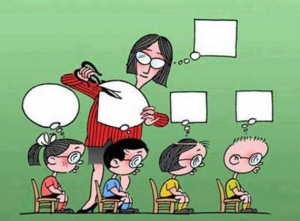"The first man to hurl an insult instead of a stone was the founder of civilization"
- Sigmund Freud
We live in an imperfect world. There's a lot of disease, poverty, apathy, desperation,blah blah blah. Each moment is a challenge, full of both opportunities and threats. It's easy to get overwhelmed, its really easy to just 'give up', to sit and crib about the system, to cultivate the feeling of despair and to adopt the "Chalta hai" attitude. This is what Stephen R Covey calls being 'reactive'. You see the circumstances around you and decide that things can't change. You look at the enormity of the task and give up, not realizing that smaller victories eventually lead to bigger ones.
A big country like India has innumerous problems. There is widespread corruption, lack of education, acute poverty, poor infrastructure etc. Caste, creed and religion, we are divided along all these lines. Its very frustrating to get anything done. Running around government offices, trying to find the person who can "do something" is a daunting task. It can break even the most resolute of spirits.
Even today, with the advent of modern technology and the widespread dissemination of information, people are hesitant to take up the war cry. They may share your statuses on facebook and '+1' them on google, but in the end, the people standing outside the CM's office will be those directly affected. Of course the opposition party might join them but often, this does more harm than good. Issues are politicized and taken out of context. The poor protesters find themselves not only fighting the government but also their so called supporters. Harassed and confused the protesters give up and join the already long list of cribbers.
Martin Niemoller once wrote :
"
First they came for the communists,
and I didn't speak out because I wasn't a communist.
Then they came for the socialists,
and I didn't speak out because I wasn't a socialist
Then they came for the trade unionists,
and I didn't speak out because I wasn't a trade unionist.
Then they came for me,
and there was no one left to speak for me.
"
Internet activism has been a boon to all of us, but it has its limitations. People have to get out of their homes in order for things to really happen. So much can happen if all of us band together! This ad perfectly explains it :
Just being born in India doesn't make you an Indian. We need to earn this title and learn to be proud of it.
If you have any comments or suggestions, please post them below.
Thank you. Sudhanshu.

